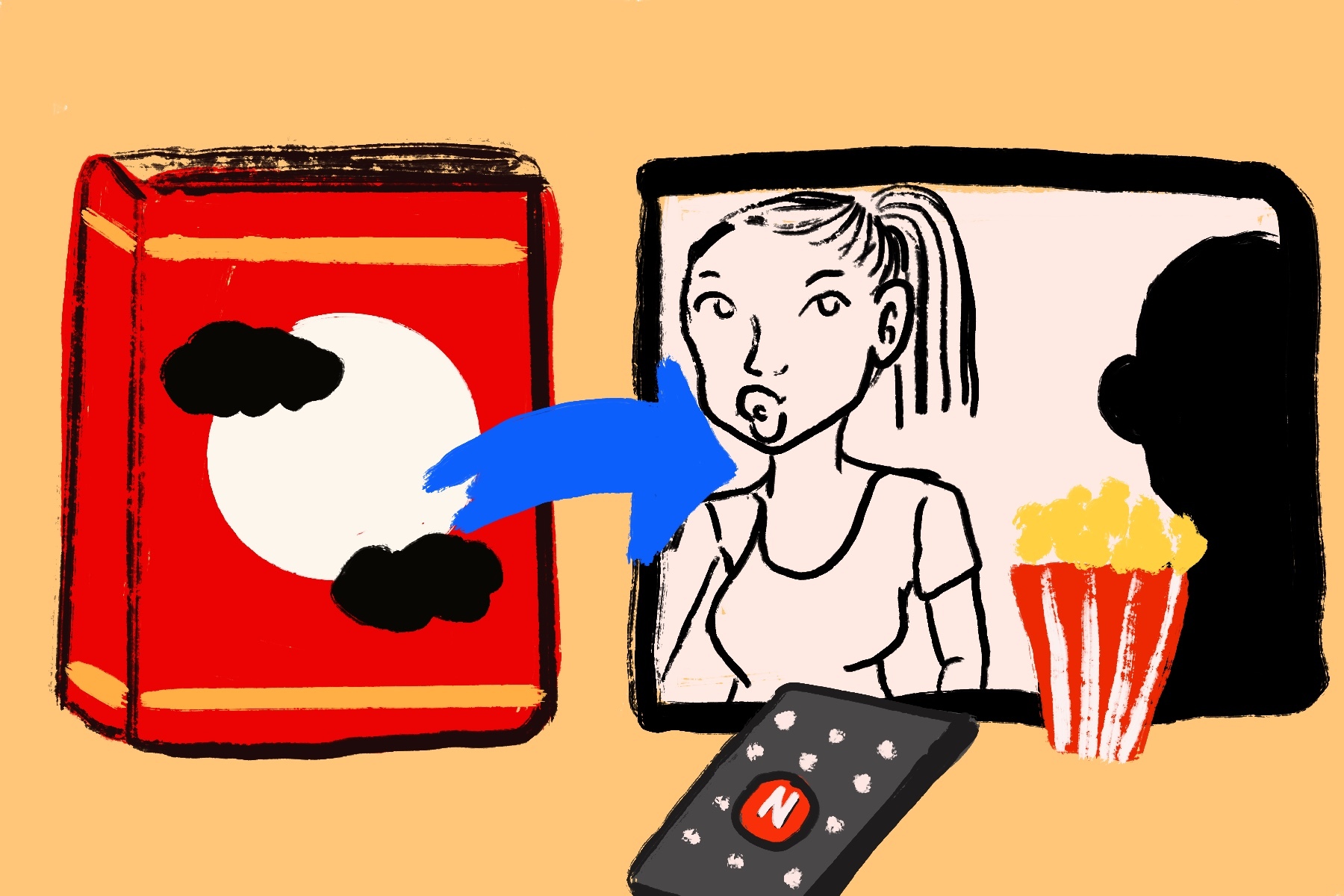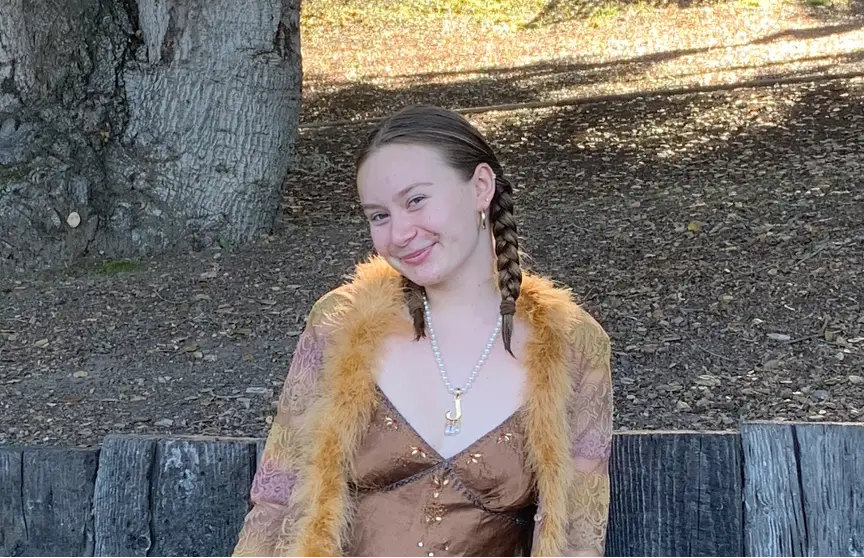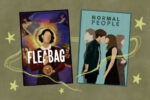“I liked the book better.” One often overhears this phrase from avid fans of popular books that often, and seemingly inevitably, become movies or TV shows. It can be excruciating to watch your favorite book become an abysmal, low-quality show or movie. Transforming books to the screen has long been a tradition in the television and film industries, yet with so many adaptations of beloved novels that seem to fall short, the question remains of whether some books are simply meant to stay books.
In the past 20 years, many young adult book series have become successful film franchises. Although occasionally unfaithful to the source material, these films became extensions of the original book series and delighted new and old fans alike. Examples include the “Hunger Games” franchise, as well as the global phenomena of “Harry Potter” and “Twilight.” Popular dystopian YA novel adaptations include “Divergent” and the “Maze Runner” series, both of which started strong, but whose popularity tapered off as the movie series continued. Still, many of these franchises have acquired a cult-like following, proving that some film adaptations can boost the success of a book series and strengthen fan reception as a whole. Similarly, the announcement of the adaptation of cherished young adult novel series “The Selection,” to be produced by Netflix, caused both excitement as well as trepidation.
Prominent novelist Jenny Han’s young adult series “To All the Boys I’ve Loved Before” was adapted by Netflix, and Amazon Prime will adapt “The Summer I Turned Pretty” for a miniseries in late June. Although the former lost much of its popularity after the first film and became the subject of online mockery, fans have more hope for “The Summer I Turned Pretty” adaptation, thanks to the additional resources of Amazon Prime.
It seems that many production companies have opted for television adaptations over movie franchises. The news that Sarah J. Maas’ “A Court of Thorns and Roses” series would be adapted for television, with “Outlander” showrunner Ron Moore at the helm, has prompted ecstatic reactions. There is much to be said for the argument that television shows have a better chance of doing justice to novels than films. There can be deeper character exploration, more expanded plotlines, and with more available screentime and overall less rushed pacing, there stands a greater chance for a more accurate adaptation.
When Sally Rooney’s novel “Normal People” achieved immeasurable success as a miniseries on Hulu, it offered perhaps a rare example of overwhelmingly positive feedback for a book-to-show translation, potentially due to the timing; the show was released in April 2020 in the midst of the COVID-19 pandemic and showed very real and heartbreaking portrayals of first love, miscommunication and intimacy. Through simple and elegant storytelling and performances, the show captured the hearts and minds of many.
It was unlikely that the follow-up to “Normal People,” an adaptation of Rooney’s first novel, “Conversations with Friends,” would be anywhere near as successful. Although many of the same show creators and writers were involved, Rooney herself was not a writer on the project as she had been for “Normal People.” The television version of “Conversations with Friends” received a great deal of anticipation and hype, as it had all the makings of another successful adaptation. Loyal fans of Rooney’s who adored the book could not wait to see it, and the leading man was up-and-coming actor Joe Alwyn, also known as Taylor Swift’s longtime boyfriend and musical co-collaborator on her Grammy-winning album “folklore.”
The novel “Conversations with Friends” showcases Rooney’s signature quiet, raw and minimalist prose about intellectual Irish young adults and their tribulations in love. It also relies heavily, more so than “Normal People,” on digital conversations and inner thoughts. There was an inherent challenge for any production team hoping to articulate Rooney’s distinct vision on screen. Unfortunately, fan consensus is that it failed. Many have called the show boring, or awkward to the point of being unwatchable. Fans argue that none of the nuances of the book come across clearly in the show and the characters appear flat and annoying. After so much anticipation followed by a disappointing delivery, one wonders if a TV adaptation of “Conversations with Friends” was doomed from the start, and no amount of dazzling performances or lovely cinematography could help to escape its fate. Are some books simply better suited to remain books?
There is no formula for a successful TV show or movie. Tried and true strategies often work, but there is no guarantee. It seems the most successful adaptations strike a chord with the audience or become successful as art in their own right through a combination of luck, perfect timing, strong production and clear chemistry. This is not a hard and fast rule, however, and while some people may hate various adaptations of their favorite books, some become favorites to others. Additionally, if fans stick around long enough, they will often see remakes. An example of this can be found with the new show that will bring Rick Riordan’s “Percy Jackson” books to life on Disney+. The show serves as a redo or follow-up to the movie series that failed to impress and left many fans enraged. All in all, some novels can be transformed into shows and movies very well while others remain more touching and effective in their literary form.

















